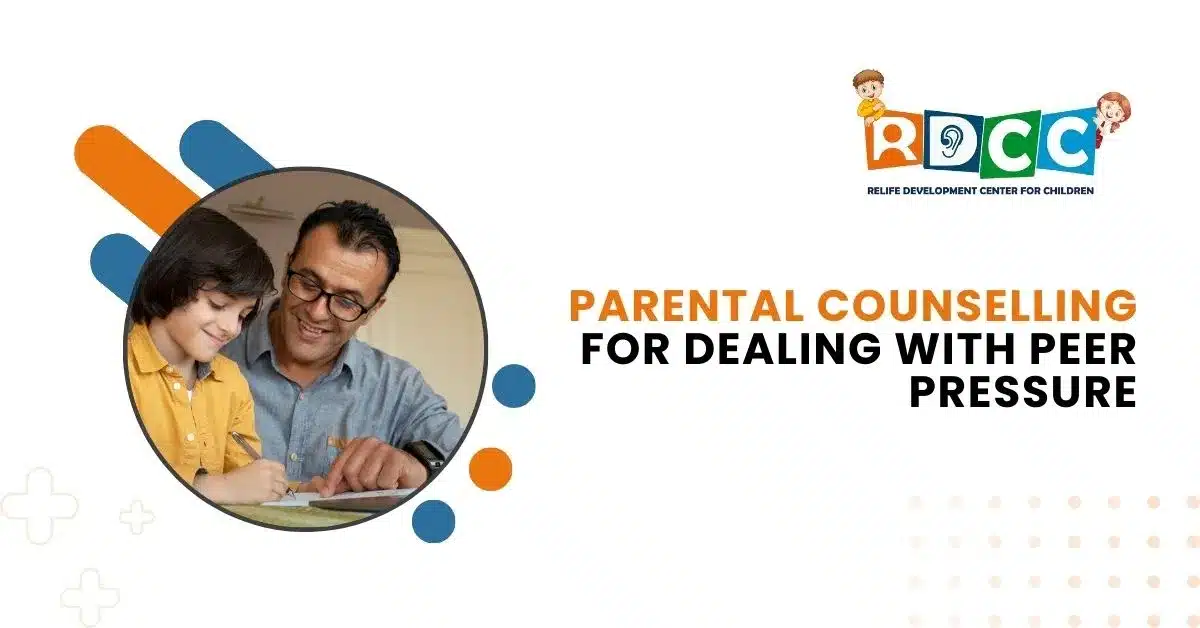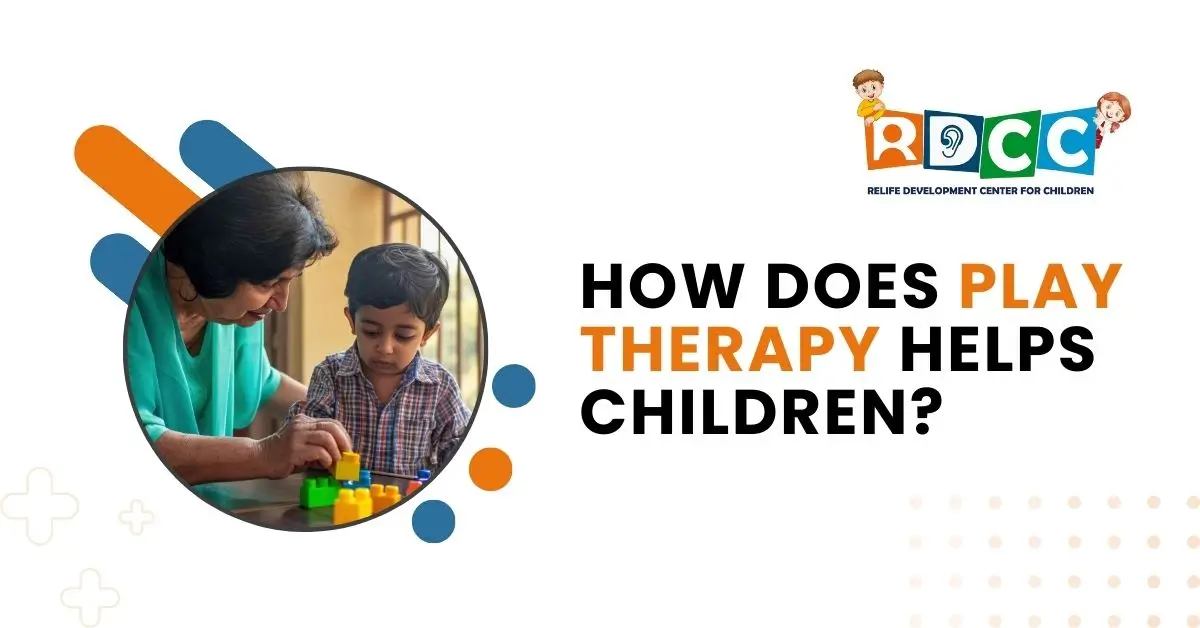
Peer pressure is an unavoidable aspect of growing up, influencing children’s decisions in ways parents might not always notice. As a parent, navigating this complex terrain requires not just awareness but also effective tools to support your child. This is where parental counselling becomes invaluable. Let’s explore how counselling can empower parents to help their children resist negative peer pressure and make positive choices.
Understanding Peer Pressure
Peer pressure occurs when children feel influenced by their friends or social groups to conform to certain behaviours, attitudes, or choices. While some peer influence can be positive—like encouragement to excel academically or in sports—negative peer pressure often leads to risky behaviours such as substance abuse, bullying, or poor academic performance.
The Role of Parental Counselling
Parental counselling equips parents with strategies to identify, understand, and mitigate the effects of peer pressure on their children. Counselling helps parents:
- Improve Communication Skills: Build a strong rapport with your child to encourage open conversations.
- Recognize Warning Signs: Learn to spot changes in behaviour that may signal negative peer influence.
- Set Healthy Boundaries: Establish clear rules and values that guide your child’s decisions.
- Boost Confidence: Help your child develop self-esteem and the ability to say “no” to harmful behaviours.
Strategies Taught in Counselling to Combat Peer Pressure
1. Building Open Communication
Parental counselling emphasizes active listening and non-judgmental responses. When children feel safe discussing their experiences, they’re more likely to share their struggles with peer pressure.
2. Teaching Decision-Making Skills
Counsellors guide parents on how to teach children critical thinking skills. This helps kids evaluate consequences and make informed choices independently.
3. Encouraging Positive Friendships
A counsellor can help parents identify signs of toxic relationships and encourage children to build friendships that uplift and support them.
Struggling with parenting challenges like peer pressure? Contact RDCC Healthcare today for expert counselling and build a stronger bond with your child!
4. Modelling Assertiveness
Parents can learn how to model assertive behaviour. When children see their parents standing up for their values, they are more likely to emulate the same behaviour in peer settings.
Common Scenarios Were Peer Pressure Impacts Children
- Social media Trends: Many children feel compelled to participate in viral challenges, even if they are risky.
- Substance Experimentation: Peer groups may pressure children into trying alcohol, drugs, or cigarettes.
- Academic Cheating: Friends may encourage dishonesty during exams or assignments.
Parental counselling offers practical ways to address these scenarios by teaching children how to respond to peer pressure constructively.
Benefits of Parental Counselling
- Strengthens the parent-child relationship.
- Helps parents create a supportive home environment.
- Empowers children with skills to handle peer influences effectively.
- Reduces the likelihood of risky behaviour.
Seeking Help from Professionals
If your child is struggling with peer pressure, parental counselling is a proactive step to ensure their well-being. Counselling sessions can be tailored to address your specific concerns and equip your family with the tools needed to foster resilience and positive growth.
Frequently Asked Questions
How can parents help children deal with peer pressure?
Parents can support children by fostering open communication, building their self-confidence, and teaching them assertive decision-making skills.
What are the 5 strategies for dealing with peer pressure?
Key strategies include saying no firmly, seeking supportive friends, practicing self-confidence, avoiding risky situations, and consulting a trusted adult or counsellor.
How to handle mental issues caused by peer pressure?
Seek professional counselling, create a supportive home environment, and encourage healthy coping mechanisms like mindfulness and open communication.
What is the best advice to give to someone dealing with negative peer pressure?
Encourage them to stay true to their values, seek supportive friends, and talk to a trusted adult or counsellor for guidance.
Conclusion
Dealing with peer pressure is a shared journey between parents and children. By seeking guidance through parental counselling, you can create an environment where your child feels confident to make choices aligned with their values. Remember, the right support at the right time can make all the difference.
For expert parental counselling services, reach out to RDCC Healthcare today and take the first step toward building a strong foundation for your child’s future.




